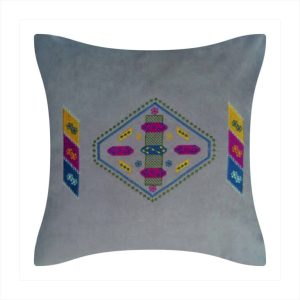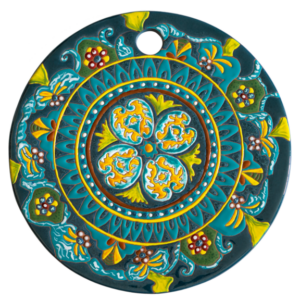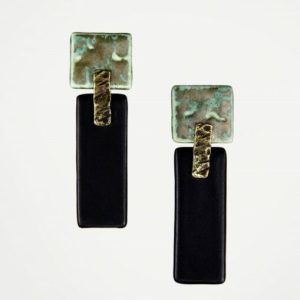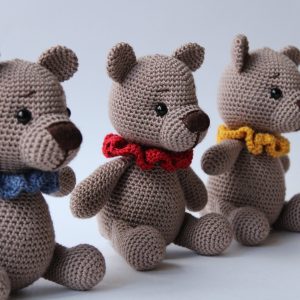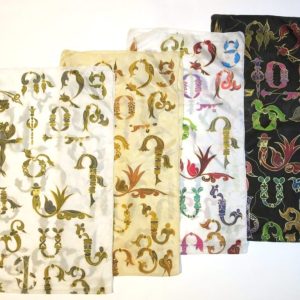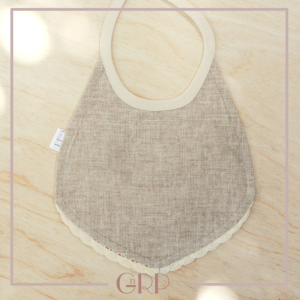-
“Armenian Ornament” Pillow
Pillow or pillow cover embroidered with old Armenian carpet ornaments. We offer twelve colors with their shades: red, blue, yellow, green, purple, brown, orange, grey, pink, turquoise, white, black. The real colors may be a little different from the photos.
$80.00 -
-
Decorative Ceramic Cheeseboard
Decorative ceramic tableware is entirely handmade, made of clay and illustrated glaze.
$110.00Decorative Ceramic Cheeseboard
$110.00 -
Marzia Earrings
The combination of our one-of-a-kind marine green with matte-black, and a subtle touch of textured brass, has resulted in this delicate piece. Designers have successfully combined modesty and luxury in the minimalistic design of Marzia. Wear yours with your hair up to showcase the slight movement of the elongated shape. For a perfect match, pair it with necklaces from the Oliwia collection.
- Color – Black, Marine green
- Material – Silver, Ceramic, Glaze, Brass
- Collection – Oliwia
$43.00Marzia Earrings
$43.00 -
-
-
“Cross-Reliquary” Silk Scarf
This scarf is based on Cross-Reliquary (Van (Vaspourakan), 1746), which is kept in Museums of Mother See of Holy Echmiadzin.
$199.00“Cross-Reliquary” Silk Scarf
$199.00 -
Teddy bear, Bear, Soft bear, Handmade bear, Bear toy, Baby toy, Bear baby toy,
This handmade teddy bear is perfect for baby’s little hands.
It will be perfect addition to your gift box and nice surprise for everyone <3All toys are handmade in a smoke-free and pet-free household.
Height: 13 cm
Width: 11cm
Materials : Microfiber Acrylic yarn, inside is an anti-allergenic sintepon
The modified version will be ready in 5 days.
$15.00 -
-
Wild Thyme Tea
Benefits of Go Green Armenia’s wild thyme tea:
‣ Anti-fungal
‣ Fights indigestion and gas
‣ Treats bronchitis and cough
‣ Lowers blood pressure and cholesterol
‣ Keeps the brain from agingThyme has been known since ancient times for its magical, culinary, and medicinal virtues. Tradition held that an infusion of thyme taken as a tea on midsummer’s eve would enable one to see the fairies dancing. Young women wore a corsage of blossoming thyme to signal their availability for romance. The generic name may have been inspired by one of thyme’s traditional attributes. Greek folk herbalists believed that thyme would impart courage (thumus in Greek) to those who used the herb, particularly soldiers. Greek men particularly liked the pungent scent of thyme and would rub the herb on their chests. The Romans believed that adding thyme to bath water would impart energy. They also included thyme in bedding to chase melancholy and to prevent nightmares.
The strong scent of thyme was employed as a moth repellent, and burned as fumigating incense. The philosopher-herbalist Pliny the Elder recommended burning the dried herb in the house to “put to flight all venomous creatures.” In the kitchen thyme has been used for centuries to season sauces, soups, stuffing, and soups. Thyme has long been recognized for its antiseptic properties. The Egyptians used the herb in formulas for embalming the dead. The herb was among those burned in sickrooms to help stop the spread of disease. Oil of thyme was used on surgical dressings and in times of war as recently as World War I, to treat battle wounds.
$3.75 – $33.00Wild Thyme Tea
$3.75 – $33.00 -

